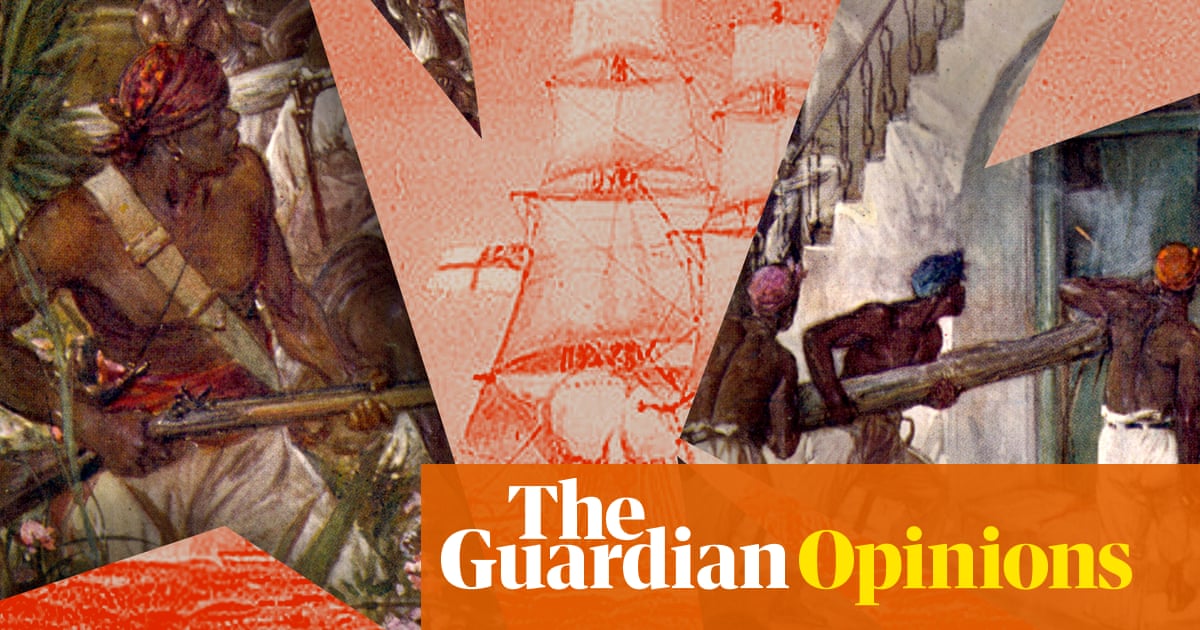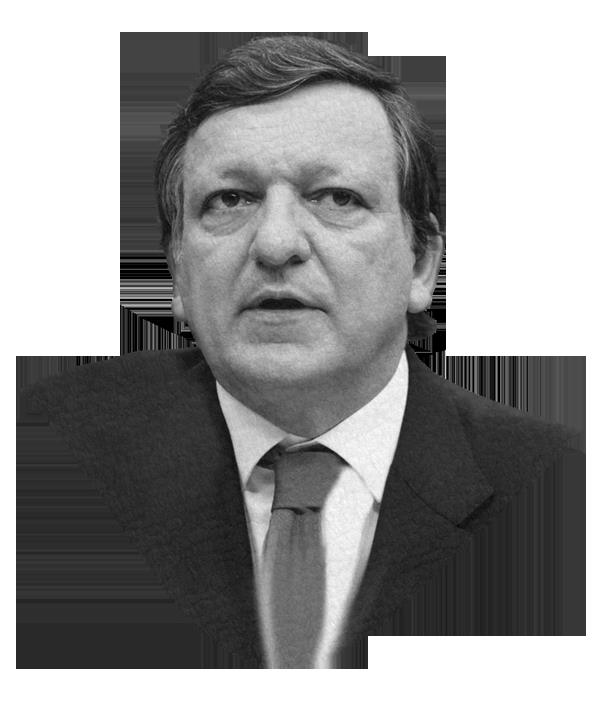
Something that always surprises me when I travel to the Arab world is the lack of knowledge of the United States even among the most educated. It always seems to be reduced and caricaturized in ways that distort its reality, and how it has functioned as the most powerful nation, arguably in history, but certainly for more than 100 years.
Despite America’s strategic importance to the politics and economies of the Arab world, few Arabs genuinely understand how it is structured and what drives its policies globally and in our region specifically. Because of this fatal misunderstanding, Arab countries react to the US based largely on misperceptions and unrealistic expectations. This leads to losses and disappointments that prevent Arabs from building a positive relationship with the country that exerts a disproportionate influence on their societies and economies.
Despite its tumultuous beginning, civil war, two world wars, appetite for overseas engagements and social, political and economic upheavals, this 242-year-old nation has the largest, most advanced and most diversified economy in the world. It is also one of the most ethnically diverse, multicultural and multilingual nations in the world, thanks in part to massive immigration from Europe and Asia, coupled with a less than savory history of slavery.
The US economy, the largest in the world, is worth almost $20 trillion, almost eight times larger than the $2.5 trillion of all Arab countries combined. Its federal republic was built on a constitution that established three branches of government — executive, legislative and judicial.
Because of this fatal misunderstanding, Arab countries react to the US based largely on misperceptions and unrealistic expectations.
Hafed Al-Ghwell
This structure is mirrored by each of the 50 states, which also have their own constitution and legislative, executive and judiciary branches. The US government, both state and federal, is based on a system of checks and balances, in which the three branches, plus a very powerful press and civil society, have their own roles, but they are balanced by the other branches so no group or person can amass the necessary power and influence to impose authoritarian rule.
The first 10 amendments to the US Constitution comprise the almost sacred Bill of Rights, which upholds and protects individual rights and freedoms and shields each individual and group from the tyranny of the majority. In short, despite the democratic system, the law protects the rights of a minority completely, even if it’s a minority of one.
The relationships among US businesses, politics, judiciary, government officials, think tanks, academic institutions, press, advisory firms, non-governmental organizations and even lobbying firms, receive disapproval from outsiders but are fundamental to the US system of government. These influential groups serve a key purpose in a system based on the rights of individuals and groups to lobby and influence their government and help set policies.
This means that economically driven government policies are open to influence and amendment from interest groups, even foreign groups, separate from traditional voter systems, which one might expect from pure majority-rule ones. These particular groups have enormous leverage when it comes to influencing the US government’s policies and politics.
From a strategic perspective, the relationship between the US and the Arab world has largely centered on one of America’s chief imports, crude oil. The Internet is, of course, rife with conspiracy theories about the motivations for the US fixation with maintaining a significant military, cultural and economic presence in the Middle East. But it is a given that a country as wealthy and economically diverse as the US would take such an interest in the Middle East, to guarantee that the lifeblood of the global economy and key engine of its prolonged stability and prosperity never stops flowing.
As the oil era slowly ends, however, the Arab countries need more than ever to understand, deepen and diversify their relationship with the US, across all the states, and in all circles of influence and power, not just with Washington and the executive branch.
They need to understand its systems, society and strategic security and economic motivations in order to reap the benefits of a truly strong relationship with the whole US, not just a small part of it.
Hafed Al-Ghwell is a non-resident senior fellow with the Foreign Policy Institute at the John Hopkins University School of Advanced International Studies. He is also senior adviser at the international economic consultancy Maxwell Stamp and at the geopolitical risk advisory firm Oxford Analytica, a member of the Strategic Advisory Solutions International Group in Washington DC and a former adviser to the board of the World Bank Group. Twitter: @HafedAlGhwell
Disclaimer: Views expressed by writers in this section are their own and do not necessarily reflect Arab News" point-of-view











